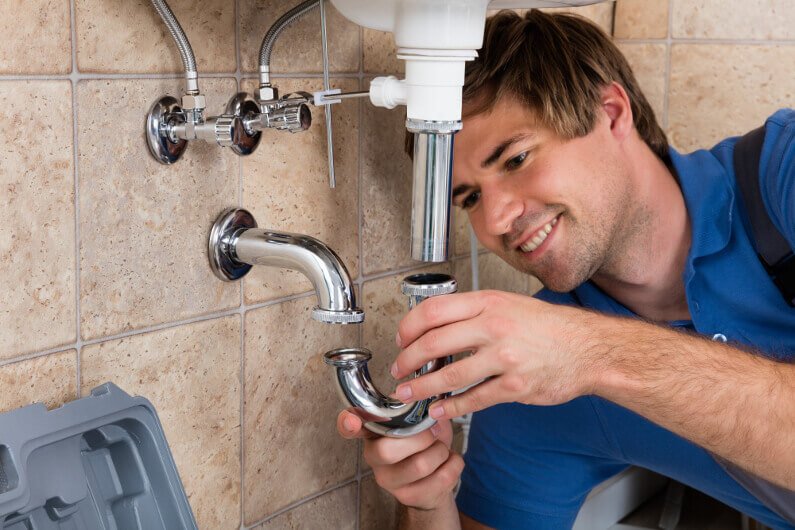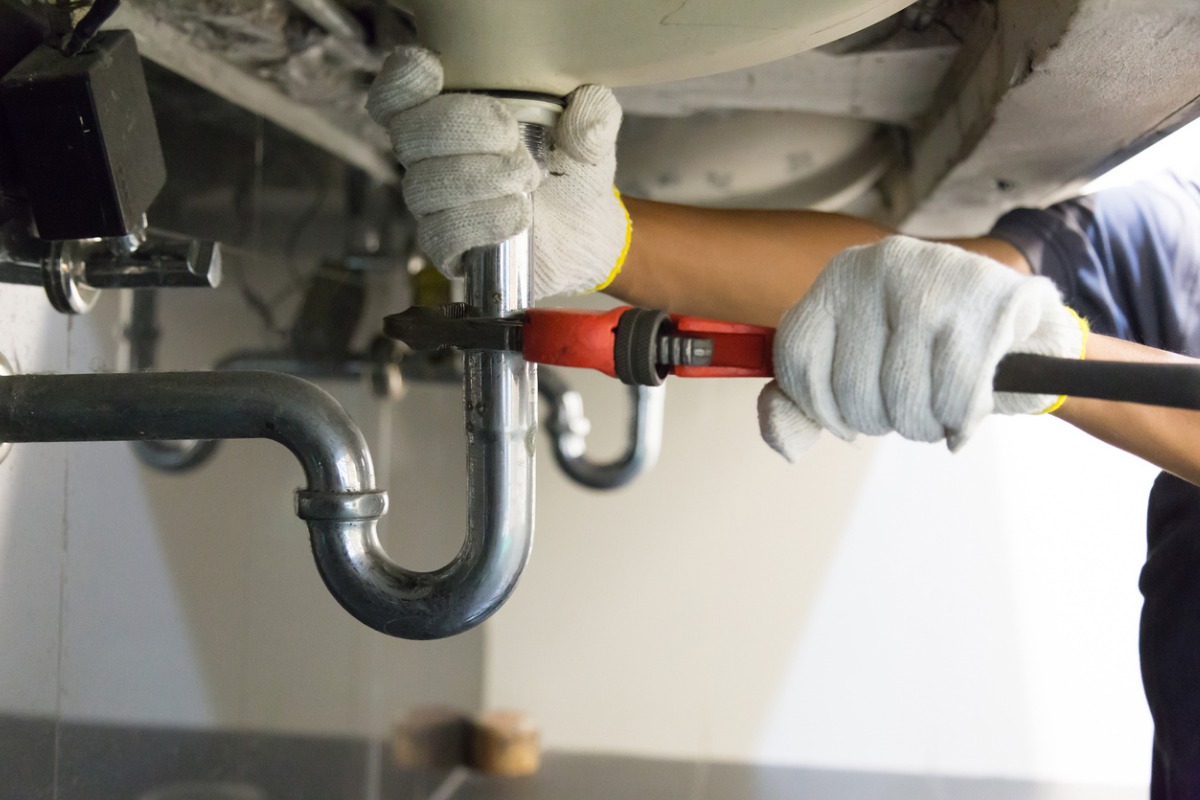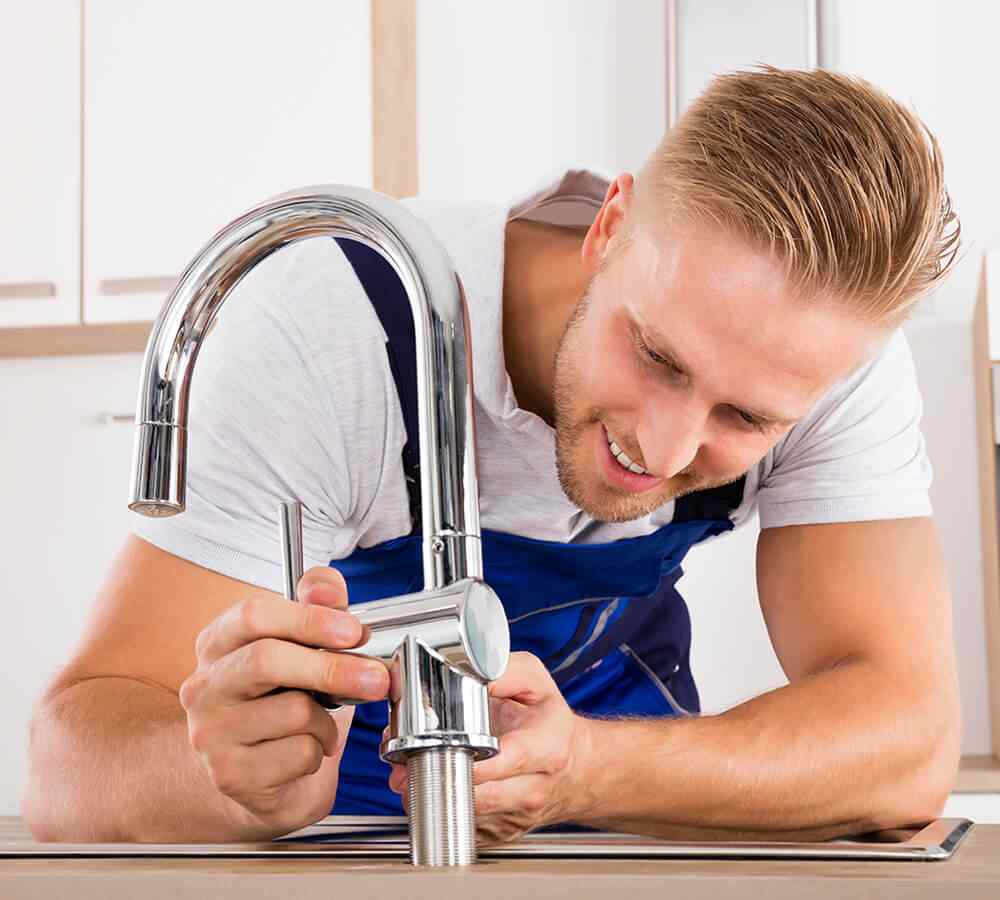
Skills and Qualifications to Become a Plumber
If you are looking to take an ATA online plumbing course, or you are just getting started with your career, this article will help you realize some of the most important skills clients and employers will expect you to have. You also need some qualifications to get your career going. Check them out below.
Plumbing Qualifications
Many people enter plumbing through apprenticeship, either in plumbing or even in heating and ventilation. This just requires a high school diploma. To complete the apprenticeship and qualify, it might take you up to three years. If you took at least a level 1 or level 2 college course, whether part-time or full-time, you can always get to start prior to an apprenticeship.
If you are looking for a job, you might need at least 2-5 years of experience in the field. In some cases, this may include the apprenticeship period. The good thing with plumbing is that you can start small and advance your career with time, experience, and learning; from fixing tap water and clogged drains to developing plumbing systems.
Plumbing Skills Needed
As a plumber, you also don’t just need the knowledge from school. The following are some hard and soft skills your employers and clients will expect you to have;

Physical Capabilities
Plumbers work with pipes in confide places that need physical strength to handle appliances, toilets, pipework, and more. This calls for having a stable balance and control of your hands. You also need a good vision to read small gauges, interpret blueprints, and thread fittings.
Other tasks that require your physical capabilities include cleaning sewer lines, applying caulk, adhesives, and sealants, installing appliances such as water heaters, refrigerators, water softeners, and dishwashers, installing gas, water, and steam pipe systems, manual dexterity, and more.
Problem-Solving Skills
Plumbing problems may sometimes be stressful and severe. When this happens, you are required to have the patience and persistence needed to ensure a well and successful job done. Especially if you are an independent plumber and working alone, you will have to figure things out on your own.
This calls for self-motivation and good problem-solving. You need this in order to identify problems, find solutions, calculate basic math, plan projects, troubleshoot system failures, assess plumbing issues, inspect installed systems, diagnose piping problems, and more.
Mechanical Know-How
As a plumber, you will be dealing with water pressure all the time. This means you have to have a strong understanding of how the systems work. Mechanical know-how comes in when you need to apply geometry and algebra, installing faucets, mechanical reasoning, plumbing installations, replacing defective parts, interpreting blueprints, and more.

General Business Skills
Working independently means you must possess business and administrative skills. This includes basic computer knowledge, maintaining financial records, promoting your business, setting prices, handling negotiations, document service rendered and completing paperwork, negotiating agreements, supervising staff (if you have any), purchasing material, and more.
Regulatory Compliance Skills
If you are into commercial plumbing, then you are going to need some compliance skills, especially because all the projects you complete will be subjected to inspection. For that reason, your employers and clients will expect some level and type of compliance to regulations and state laws.
Some of these include adhering to safety protocols to the core, learning and complying with building codes, reviewing any changes and updates in plumbing codes, and more.
Soft Skills
In addition to the skills said above, a good plumber needs to master some soft skills to be able to communicate effectively at work, and collaborate with team members, clients, and supervisors effectively. Some of these skills include customer service, flexibility, following instructions, teamwork, friendly demeanour, reliability, problem resolving, training apprentices, getting along with your colleagues, and such.




